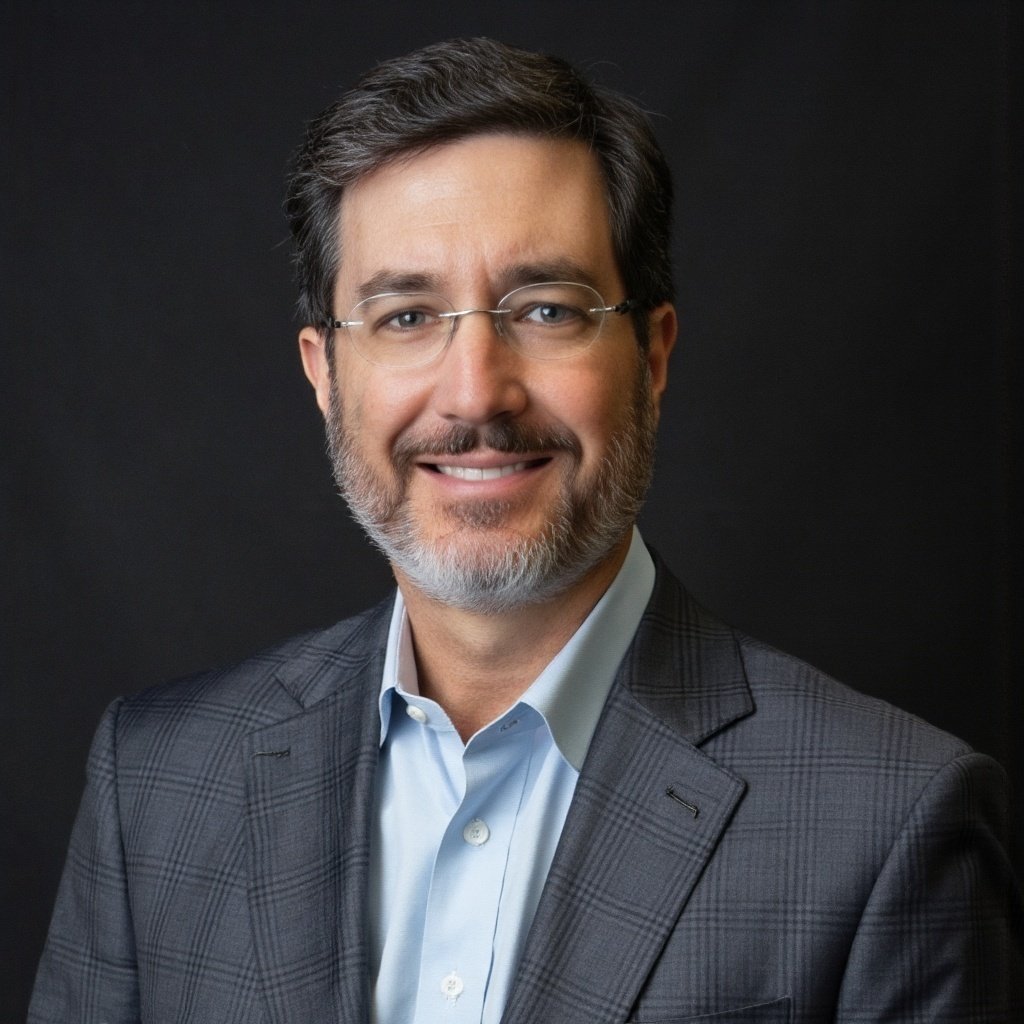

The other driver’s insurance company will call and want to pressure you into giving a recorded statement. The insurance company may even tell you that, by law, you have to give a recorded statement. That is FALSE! You are under no obligation to give a recorded statement to the other driver’s insurance company. Many times, the insurance company will try to convince you that you are somehow required to give a “recorded statement.” This is simply not true. In fact, it may be a terrible idea to give a statement to the insurance company:
- First, insurance companies hire seasoned professionals who may try to trick you into saying something that will hurt your case.
- Second, after a serious injury or wrongful death, you may not be in a position to give an accurate and complete statement.
- Third, anything you say to the adjuster may be twisted and used against you after your injury.
Insurance adjusters are highly skilled at manipulating you into making statements that can hurt your claim down the road. Your statement is “recorded” for this very reason—they want to use it against you if you pursue your claim.
So, if you think they want your “statement” just to get information so they can pay you on your claim, try this approach: tell the adjuster you are willing to give a “statement,” but you don’t want it to be “recorded.” See how the adjuster reacts. If the adjuster wants your statement just to get information from you, why would they need it to be recorded? Can’t they just take notes of what you say? Before giving any kind of statement to the insurance company, seriously consider getting your own independent legal advice.
What Is the Insurance Company Expecting to Gain From Getting a Recorded Statement?
The other driver’s insurance company is looking out for its own interests and is not looking out for what is best for you. Insurance companies know that, immediately after an accident, most people have not hired an attorney yet. Your recorded answers could be used to severely limit how much money the insurance company pays you. What are they expecting in a recorded statement? They are hoping that:
- You will say something that can later be used against you. Getting a statement on record before you understand your rights allows the insurance adjuster to potentially twist your words into something you did not mean, which will be used against you at a later time.
- They will keep you from “changing the story” later on. By getting a statement while you are still reeling from accident, or before you know the full extent of your injuries, the insurance company can argue against anything that comes up later. For example, if you didn’t know you’d injured your back in an accident until a few days or weeks later, the insurance adjuster could argue that you didn’t mention back injuries in your earlier recorded statement.
Insurance companies have become increasingly aggressive in demanding recorded statements from accident victims, even when those statements are not legally required. While we often tell clients to avoid giving a recorded statement, we understand that it can be hard to avoid—especially if the adjuster from the other driver’s insurance is getting pushy about the issue. Sometimes, it’s just hard to say “no” to the person who stands between you and payment of your medical bills.
Just remember that the insurance adjusters are professionals at this sort of thing and have extensive training in taking statements from injured people. This is why it is important to always speak with an attorney before giving a recorded statement.

